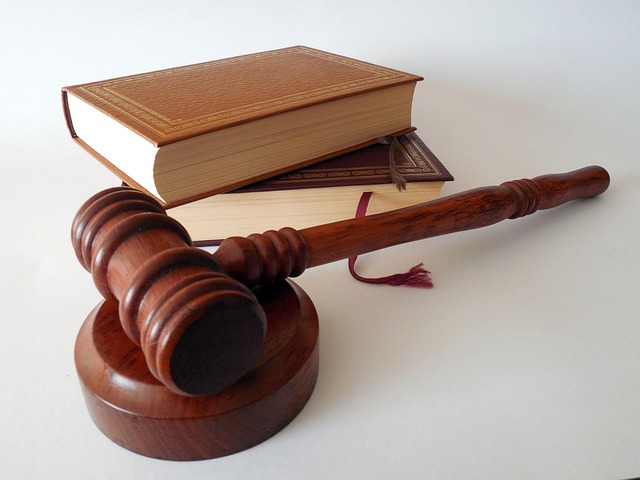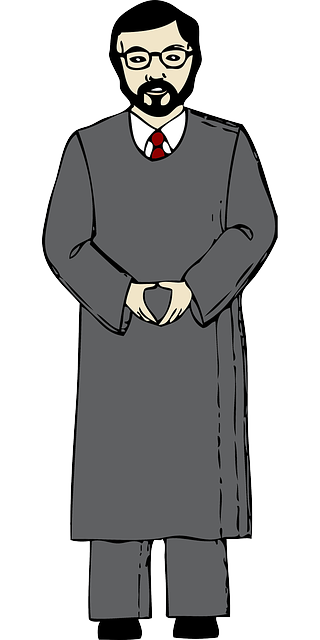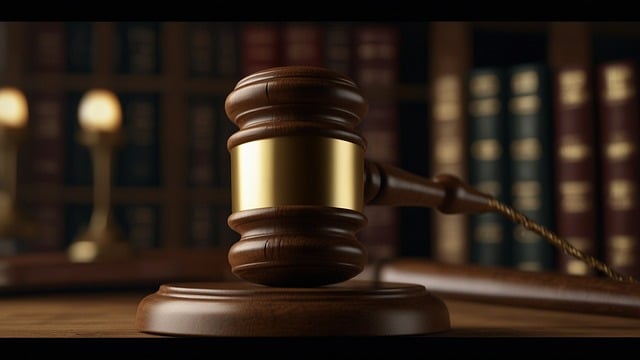In criminal defense, understanding client expectations through clear communication is vital for building trust and aligning goals with realistic case outcomes. Lawyers have an ethical duty to uphold fairness and justice, ensuring clients' rights are protected. Effective communication strategies foster transparency, while navigating complex legal landscapes helps individuals facing severe charges. Meticulous handling of evidence and strategic trial tactics are key to fair trial advocacy, aiming for just outcomes by challenging prosecution narratives through thorough case preparation.
Protecting client interests in criminal defense situations demands a multifaceted approach. This article explores essential strategies for ensuring a just outcome, from understanding client expectations and ethical obligations to effective communication and navigating complex legal landscapes. We delve into evidence handling, case preparation, and trial tactics, emphasizing the paramountcy of fair trial advocacy. By adhering to these principles, criminal defense attorneys can build trust, ensure client participation, and safeguard their clients’ rights.
- Understanding Client Expectations: Setting Clear Goals and Boundaries
- Ethical Obligations of Criminal Defense Attorneys: A Foundation for Fair Trial Advocacy
- Communication Strategies: Building Trust and Ensuring Client Participation
- Navigating Complex Legal Landscapes: Deciphering Rights and Protections
- Evidence Handling and Presentation: A Key to Effective Defense
- Case Preparation and Trial Tactics: Enhancing the Probability of a Just Outcome
Understanding Client Expectations: Setting Clear Goals and Boundaries

Understanding your client’s expectations is a cornerstone in criminal defense practice. Clients often face immense stress and anxiety during legal proceedings, making clear communication vital. As their advocate, lawyers must set realistic goals tailored to each case. This involves discussing potential outcomes, strategic options, and the client’s role in the process. By doing so, you ensure they are well-informed and align expectations with the realities of fair trial advocacy.
Additionally, establishing boundaries is essential to manage client relationships effectively. Clients may have varying levels of involvement they prefer in their case, from active participation to hands-off oversight. Respecting these preferences while guiding them through legal complexities fosters trust. Clear goals and boundaries not only protect client interests but also strengthen the attorney-client relationship, enhancing the chances of a favorable outcome in criminal defense situations.
Ethical Obligations of Criminal Defense Attorneys: A Foundation for Fair Trial Advocacy

Criminal defense attorneys have a profound ethical responsibility to uphold the principles of fairness and justice in the legal system, serving as champions for their clients’ rights and interests. This commitment forms the bedrock of effective fair trial advocacy. The attorney-client relationship demands unwavering loyalty, confidentiality, and integrity. Lawyers must zealously represent their clients, ensuring that every action taken is in their best interest while adhering to the highest ethical standards.
By prioritizing ethical conduct, defense attorneys can navigate complex legal landscapes, challenge unfair practices, and protect their clients’ constitutional rights. This includes diligently investigating cases, presenting compelling defenses, and vigorously cross-examining witnesses to ensure a just outcome. Fair trial advocacy requires lawyers to be adept at both strategic decision-making and meticulous attention to detail, ultimately safeguarding the integrity of the judicial process.
Communication Strategies: Building Trust and Ensuring Client Participation

Effective communication strategies are pivotal in criminal defense, as they establish a foundation of trust between the lawyer and client. This is crucial for ensuring active client participation throughout the legal process, which is essential for fair trial advocacy. Lawyers must foster open dialogue, actively listening to their clients’ concerns and perspectives without judgment, allowing them to feel heard and understood.
By cultivating a safe and non-threatening environment, attorneys can encourage clients to share relevant information and details that may be critical to their defense strategy. This two-way communication promotes transparency and collaboration, empowering the client to make informed decisions about their representation and actively engage in their own fair trial.
Navigating Complex Legal Landscapes: Deciphering Rights and Protections

Navigating complex legal landscapes is a cornerstone of effective criminal defense. In many cases, individuals face charges that can carry severe consequences, making it imperative to understand their rights and protections. Fair trial advocacy plays a crucial role in ensuring that clients are fully aware of their entitlements, from the right to remain silent to the ability to confront witnesses against them. This includes deciphering intricate legal jargon and procedures, which can be particularly challenging for those without a legal background.
Criminal defense attorneys act as guides through these complex systems, helping clients exercise their rights responsibly. They ensure that every step taken adheres to legal protocols, safeguarding their client’s interests. By understanding the nuances of the law, fair trial advocates can navigate potential pitfalls and present the best possible defense, ultimately securing a just outcome for their clients.
Evidence Handling and Presentation: A Key to Effective Defense

In criminal defense, evidence handling and presentation are paramount to ensuring a fair trial advocacy. The meticulous management of physical evidence, witness testimonies, and documentation is crucial in constructing a robust defense strategy. Lawyers must carefully collect, organize, and present this evidence to counter the prosecution’s case, ensuring every piece aligns with their client’s innocence or reduced culpability.
Effective handling involves maintaining a detailed chain of custody for all relevant items, preserving integrity, and preventing tampering. Proper presentation includes strategic use during court arguments and witness questioning, aiming to sow doubt in the jury’s mind about the prosecution’s narrative. This process requires a deep understanding of evidentiary rules and the ability to weave compelling narratives from available facts, ultimately influencing the outcome of the case.
Case Preparation and Trial Tactics: Enhancing the Probability of a Just Outcome

In criminal defense, case preparation and trial tactics are paramount in ensuring a just outcome for clients. Lawyers play a crucial role in navigating complex legal landscapes by thoroughly investigating facts, examining evidence, and constructing a compelling narrative that challenges the prosecution’s case. This involves strategic decision-making on everything from witness selection to motion filing, aiming to highlight weaknesses in the prosecution’s arguments and present a strong defense.
Effective advocacy during trial is another critical aspect. Lawyers must adeptly cross-examine witnesses, present their client’s story coherently, and leverage legal precedents to advocate for their client’s rights and interests. By employing these tactics, criminal defense attorneys enhance the probability of achieving a fair trial, ultimately safeguarding their clients’ interests against potential miscarriages of justice.














